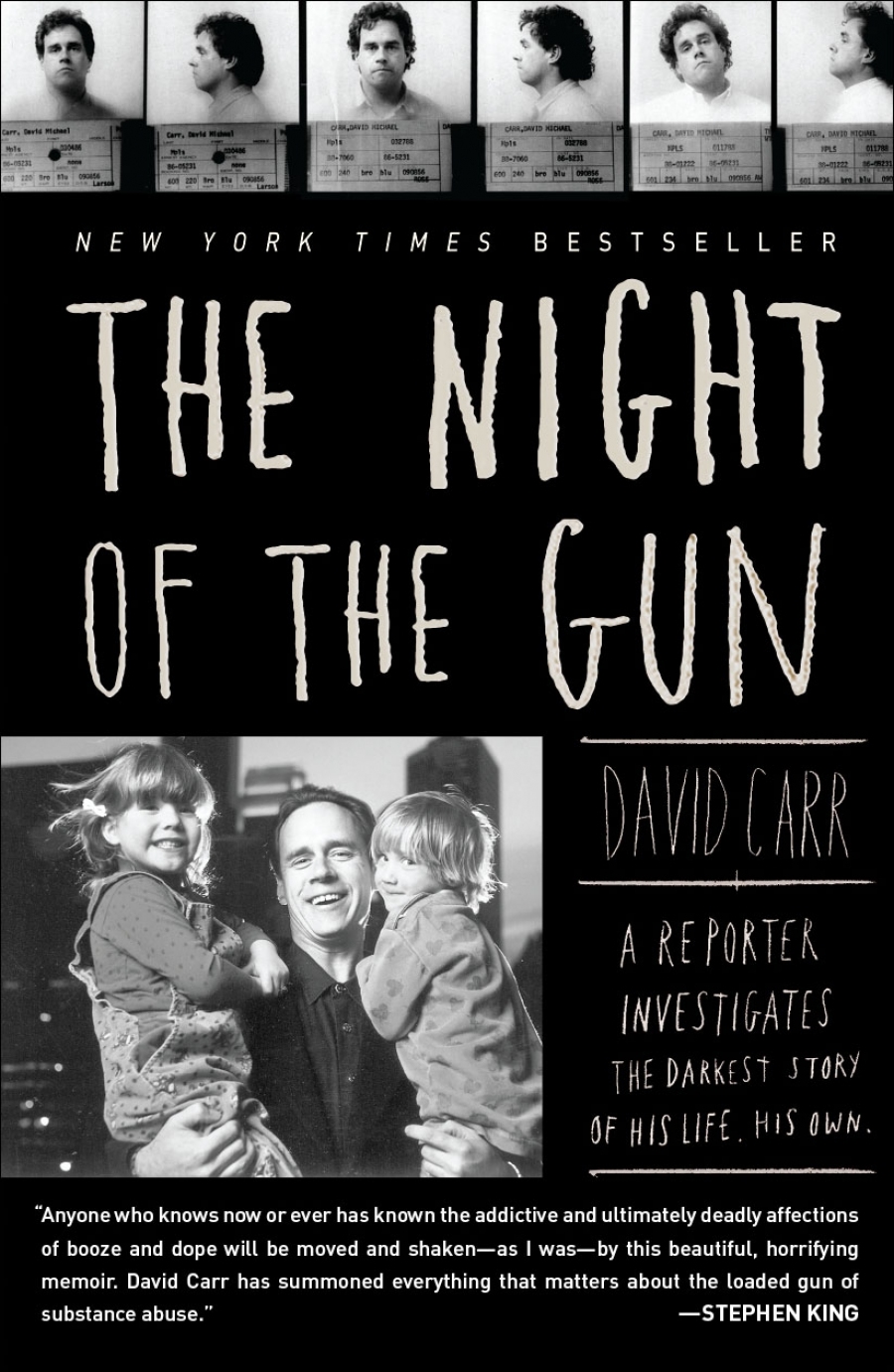 FRESH AIR
FRESH AIR
David Carr joins Terry Gross on Fresh Air to discuss his Twitter usage, the future of newspapers, error correction, his own media consumption, religion and the accountability of social media. He says that he thinks of Twitter as a personalized “human-enabled RSS [feed]” that allows him to follow what his friends are reading and thinking about at any given moment. “It serves to edit what’s going on in the world, and it puts a human curation on this huge fire hose of data that’s washing over us all,” he says. “The question becomes where to look, and it’s nice to have some other people pointing the way.” Initially, Carr says, he wasn’t a Twitter fan. But now he tweets on average 8-10 times a day, and often re-tweets things of interest from the 600 or so accounts he regularly follows. “As a reporter, it was an important listening tool, and that’s how I first used it — less as a megaphone and more [as a listener],” he says. “But then I realized that back when I was an editor of a newspaper, I was a decent headline writer — and that links would carry a lot more information, and annotating those links would have significant value to the people who follow me.” MORE
PREVIOUSLY: He brings that same joie de travailler to the grimmer task of covering his own life. Back in the 1980s, when he was a reporter for an alternative weekly in Minneapolis and later for a local business monthly, Carr had a cocaine problem that spiraled downward from snorting to smoking to injecting. He also drank too much, did some low-level dealing and was arrested innumerable times. He did worse things, too, like beating up girlfriends and fathering twin girls whom he and the  mother were in no way prepared to take care of. But as you’d guess from the fact that he’s still alive and making money legally, things got better: after a few false starts he finally stuck with rehab, got his life together, raised his girls as a single dad, saw his career take off, found a good woman to marry and have another daughter with, started drinking again, committed anew to sobriety and wrote this book.
mother were in no way prepared to take care of. But as you’d guess from the fact that he’s still alive and making money legally, things got better: after a few false starts he finally stuck with rehab, got his life together, raised his girls as a single dad, saw his career take off, found a good woman to marry and have another daughter with, started drinking again, committed anew to sobriety and wrote this book.
In broad strokes this isn’t a new or unique story, as readers of James Frey, Augusten Burroughs, Caroline Knapp and the tabloids know, and as Carr does himself: “Beyond the grime that is bound to accrue from a trip through the gutters of one’s past, what is the value in one more addiction memoir to me or anyone else?” For Carr, what justified its writing is that, as the title implies, he has taken on the truth of his own story the way he would any other: buttressing his memories — or countering them, as the case may be — with police reports, legal documents, medical records and, most important, interviews he taped with 60 friends, family members, fellow cokeheads and dealers. “It would prove to be an enlightening and sickening enterprise,” Carr writes, “a new frontier in the annals of self-involvement. I would show up at the doorsteps of people I had not seen in two decades and ask them to explain myself to me.” As a writer and thus a fellow narcissist, I can only say: “Why didn’t I think of that?” MORE

